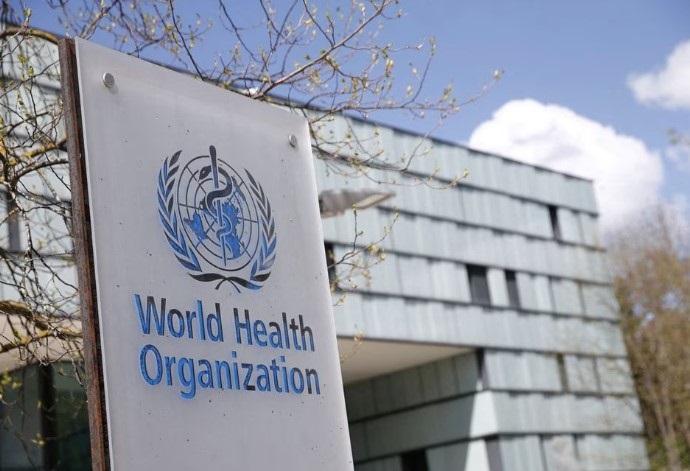Brazil Supreme Court Justice Carmen Lucia votes in Bolsonaro trial, could secure majority
CPLP: Progress made in care, treatment for neglected tropical diseases in 2021 – WHO

File photo: Reuters
More than 1.65 billion people in the world needed treatment and care due to neglected tropical diseases (NTDs) in 2021, according to a report by the World Health Organisation (WHO), which also points to progress in Portuguese-speaking countries.
The WHO released on Monday, on World Neglected Tropical Diseases Day (World NTD Day), a global report that indicates progress but points to the need for “more investment to eradicate the problem that still affects 179 countries and territories.
Among the NTDs are dengue, chicungunha, Chagas disease, leprosy and trachoma.
“NTDs continue to disproportionately affect the poorest members of the global community, primarily in areas where water safety, sanitation and access to health care are inadequate,” said UN News, the official communication organ of the United Nations.
According to the WHO, only 16 countries are responsible for 80% of the global volume of NTDs.
In 2021, 179 countries and territories reported at least one case of NTDs and, worldwide, 1.65 billion people needed treatment and care.
In Portuguese-speaking countries affected by NTDs, such as Angola, Brazil or Timor-Leste, “several combat initiatives” have been taken, highlights UN News, which cites data from the report.
Angola, for example, has not reported any cases of transmission from animals to humans, but detected seven dogs infected with dranculiasis or guinea worm last year.
Brazil and Timor-Leste have announced measures to combat vectors, as have Sao Tome and Principe, while diseases such as leprosy, dengue, chicungunya and Chagas disease are still prevalent in several regions of Brazil, UN News also points out.
For the former director of the WHO Department of Infectious Diseases and also former head of the portfolio in Guinea-Bissau, Magda Robalo, this issue is also “a matter of inclusion”.
“These are diseases that afflict, above all, the poorest populations. Those who lack access to safe drinking water, basic sanitation, and access to basic, quality healthcare. The governments of the affected countries must pay more attention to neglected tropical diseases and allocate more human and financial resources, medicines and logistical support to combat them,” she stressed.
“Accomplishments made in 2021-2022 build on a decade of significant progress”,noting that” in 2021, 25% fewer people required interventions against NTDs than in 2010, and more than one billion people were treated for NTDs each year between 2016 and 2019 through mass treatment interventions,” the WHO says.
As of December, 47 countries had eradicated at least one NTD, with eight certified as having eliminated one in 2022 alone.
“Around the world, millions of people have been liberated from the burden of neglected tropical diseases, which keep people trapped in cycles of poverty and stigma,” said WHO director-general Tedros Adhanom Ghebreyesus.
“We still have a lot of work to do. The good news is, we have the tools and the know-how not just to save lives and prevent suffering, but to free entire communities and countries of these diseases.,” he said, quoted by UN News.
- To read, download, the full ‘Global report on neglected tropical diseases 2023‘, please click HERE.
About NTDs
Neglected tropical diseases (NTDs) are a diverse group of 20 conditions mainly prevalent in tropical areas. NTDs are caused by a variety of pathogens including viruses, bacteria, parasites, fungi and toxins. These diseases cause devastating health, social and economic consequences, and when they aren’t deadly, they very often cause life-long social stigma and consequent economic hardship.
NTDs include: Buruli ulcer, Chagas disease, dengue and chikungunya, dracunculiasis, echinococcosis, foodborne trematodiases, human African trypanosomiasis leishmaniasis, leprosy, lymphatic filariasis, mycetoma, chromoblastomycosis and other deep mycoses, onchocerciasis, rabies, scabies and other ectoparasitoses, schistosomiasis, soil-transmitted helminthiases, snakebite envenoming, taeniasis/cysticercosis, trachoma, and yaws.
In 2020, World Health Assembly (WHA) endorsed the NTD road map for 2021-2030. In 2021, the WHA announced that the January 30th will be recognized as World NTD Day every year.












Leave a Reply
Be the First to Comment!
You must be logged in to post a comment.
You must be logged in to post a comment.